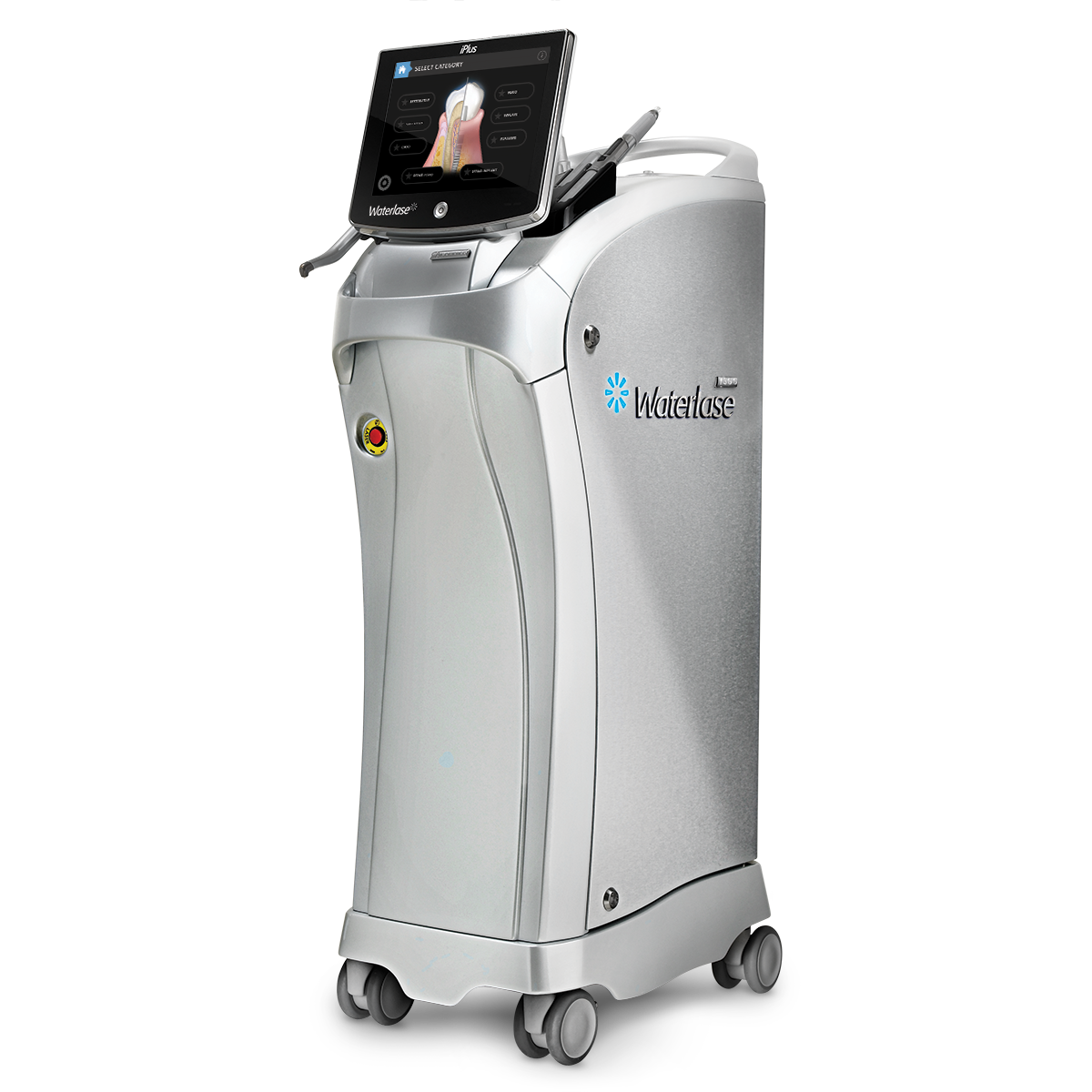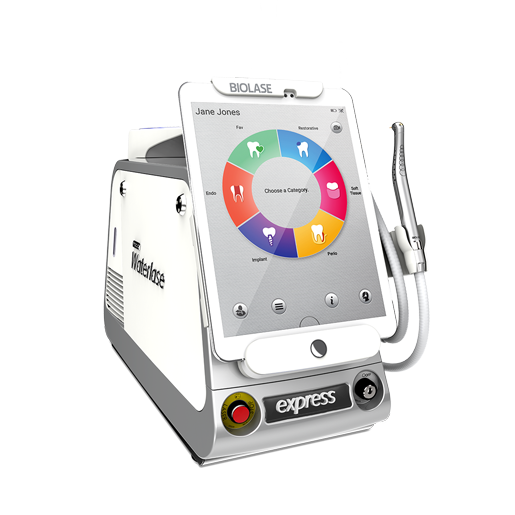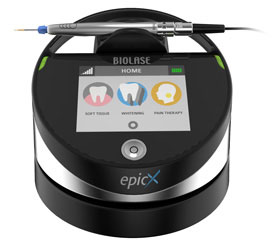Managing autistic patients in a dental office can be a challenge for hygienists and dentists alike.
Autism Spectrum Disorders (ASD) is a general term used to describe a group of complex developmental brain disorders. Autistic disorders include Asperger Syndrome, Rett Syndrome, and Childhood Disintegrative Disorder. The number of children with autism is on the rise according to the Centers for Disease Control. The new estimate indicates that 1 in 68 children in the United States is identified with ASD, approximately 30 percent higher than the previous estimate.
Patients with ASD often have difficulties with social interactions, communication, and repetitive behavior. They process sensation atypically and may be overly sensitive to bright lights, loud sounds, touch, strong odors, or taste which can make dental visits a challenge for all involved. According to an article in USC News, ASD patients can exhibit “behaviors ranging from physical withdrawal to self-stimulation, outbursts and tantrums.”
There are ways to make your practice more comfortable for special needs patients. Consider swapping the loud dental drill for the dental laser, for instance. Dr. Amy Luedemann-Lazar treats special needs patients in Katy, Texas. She says, “I can do almost any procedure without using shots. This makes children much more relaxed and happy about visiting the dentist. I use the laser for fillings, crowns, pulpotomies, frenectomies, gingivectomies and even some extractions.”
There are things you and your staff can do to help manage ASD patients. First and foremost, they respond best to calm and quiet voices. When communicating, bend down to the child’s eye level and be confident and nurturing. Tell the patient what you are doing next so they are not surprised by sudden actions or movement.
Prior to meeting the patient, learn as much as you can about them. Collect information from the parent or caregiver and ask if there are suggestions that may better meet the patient’s needs.
Here are a few simple tips for successful management:
- Dim the lights
- Lower the noise volume
- Remove any clutter in your office
- Turn on instruments before they go into patient mouths to eliminate surprises
- Communicate what you will be doing next
- Show the child on their hand how you will be counting their teeth
- Provide clear information when speaking
- End each visit on a positive note
- Encourage the parent to complete a thorough medical history form
Good oral health is an important component to a healthy life. Improving the dental experience is a priority in light of recent statistics suggesting that the number of children with autism is rising. Autism Speaks provides information for making dental visits less stressful and more productive.



